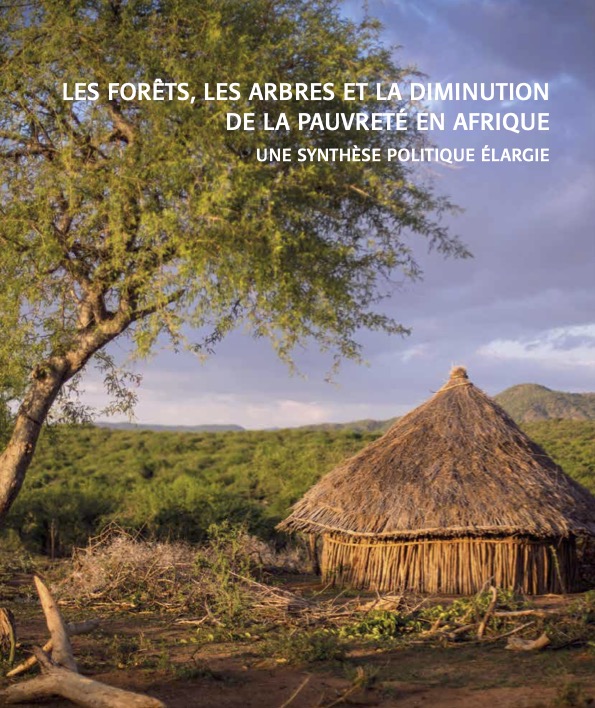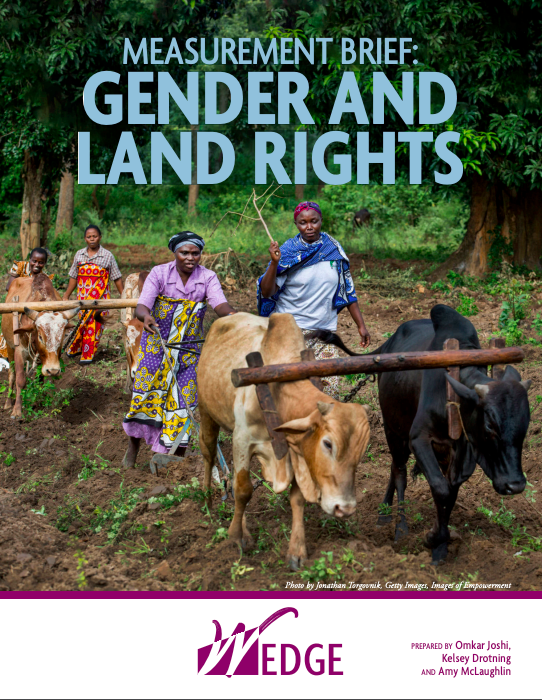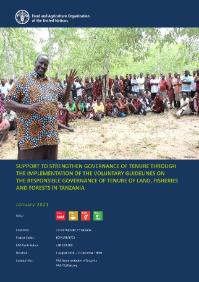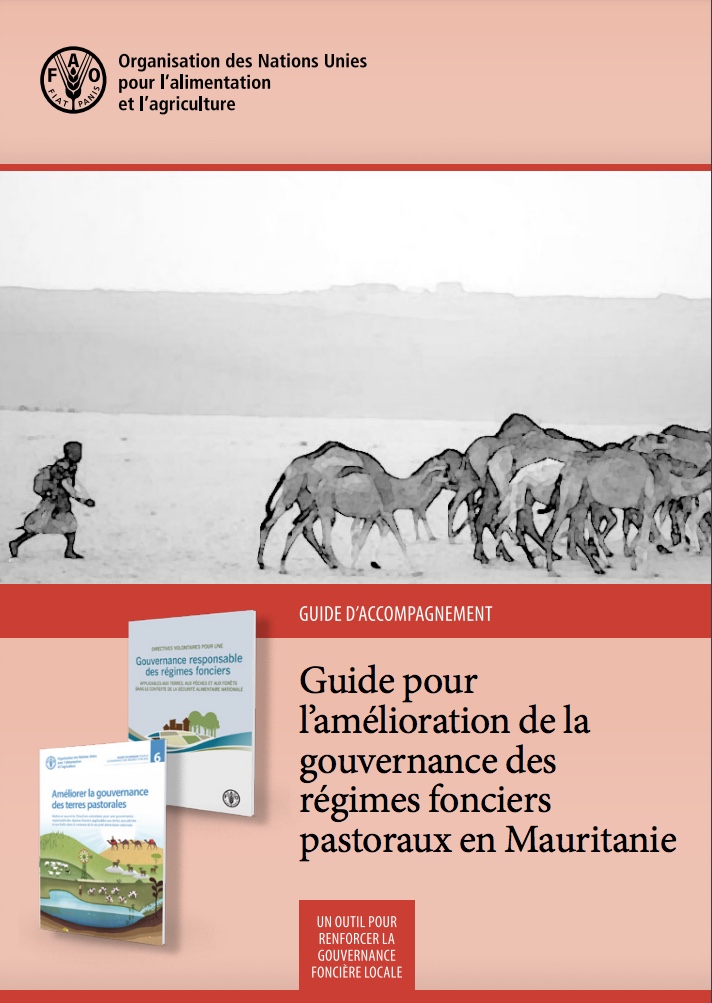Matriarchy At The Crossroads In Africa: The Clash Between Its Theoretical And Practical Orientation In Tanzania’S Land Tenure Systems
Contrary to scholarship that attaches matrilineal practices to women’s control and power over land in Africa. This paper interrogated this theoretical positioning to its contemporary practicality by posing the discussions among the ‘Luguru’ matrilineal of Eastern Tanzania. The article has discussed how land has been claimed, transferred, and owned across gender lens with the apparent changes in political and socio-cultural settings of the community. Shreds of evidence deduced from triangulated approaches provided contradictory conclusions.







